

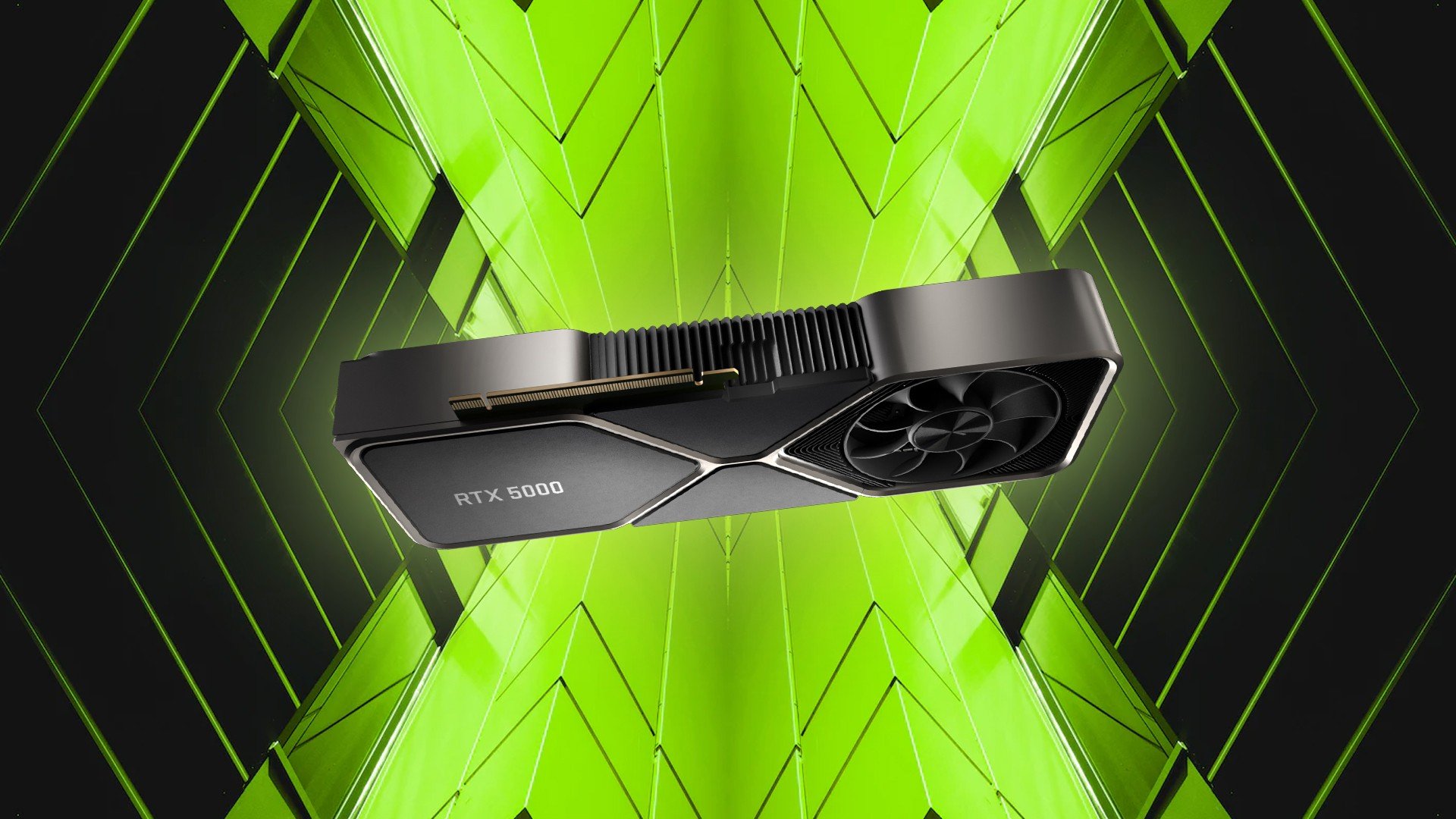
At CES 2025, NVIDIA's CEO announced the company's latest flagship desktop GPU, the GeForce RTX 50-series, which boasts impressive AI modeling capabilities and can dramatically improve gaming performance. Along with the new graphics cards, NVIDIA also unveiled a new supercomputer for AI research, a humanoid robot learning modality, a world foundation model platform, and a partnership with Toyota for autonomous vehicles. The RTX 50-series will be available in various laptops from popular brands starting in March and April.
NVIDIA's CES 2025 Unveiling: A Glimpse into the Future of Technology
At the forefront of the consumer electronics industry, NVIDIA's CES 2025 keynote presentation showcased a groundbreaking array of technological advancements that promise to reshape our world.
NVIDIA GeForce RTX 50-Series Graphics Cards: Unleashing AI and Gaming Power
The highlight of NVIDIA's announcements was the unveiling of the GeForce RTX 50-series graphics cards, a new generation of GPUs designed to empower gamers and content creators alike. Leveraging the latest AI advancements, these cards offer unprecedented modeling capabilities, dramatically enhancing image quality and performance in gaming.
AI Research Supercomputer: Pushing the Boundaries of Machine Learning
NVIDIA also unveiled a new supercomputer dedicated to AI research. This cutting-edge system will accelerate the development of autonomous vehicles, medical diagnostics, and advanced scientific discoveries.
Humanoid Robot Learning Modality: Advancing Robotics
The company unveiled a revolutionary humanoid robot learning modality that enables robots to learn complex tasks through imitation and reinforcement. This breakthrough has the potential to transform industries such as healthcare, manufacturing, and entertainment.
World Foundation Model Platform: Unifying AI Knowledge
NVIDIA introduced a world foundation model platform, providing a shared base of knowledge for researchers and engineers. This platform aims to accelerate the development of AI models and applications across domains.
Partnership with Toyota for Autonomous Vehicles: Shaping the Future of Transportation
In collaboration with Toyota, NVIDIA showcased a strategic partnership focused on the advancement of autonomous vehicle technology. Together, they will leverage NVIDIA's advanced computing platforms and Toyota's automotive expertise to accelerate the development of safer and more efficient self-driving cars.
Laptops with GeForce RTX 50-Series GPUs: Availability and Pricing
Laptops featuring NVIDIA GeForce RTX 50-series graphics cards will be available in March and April from a variety of popular brands. Pricing will vary depending on the specific laptop model and configuration.
Top 5 FAQs and Answers
1. What is the key feature of the GeForce RTX 50-series graphics cards? A: Enhanced AI modeling capabilities that significantly improve image quality and performance in gaming and content creation.
2. What are the benefits of NVIDIA's AI research supercomputer? A: Accelerated development of autonomous vehicle technology, medical diagnostics, and scientific discoveries.
3. How does the humanoid robot learning modality advance robotics? A: It enables robots to learn complex tasks through imitation and reinforcement, expanding their potential in various industries.
4. What is the purpose of the world foundation model platform? A: To provide a shared base of knowledge for researchers and engineers, facilitating the development of AI models and applications across domains.
5. When will laptops with GeForce RTX 50-series graphics cards be available? A: March and April.
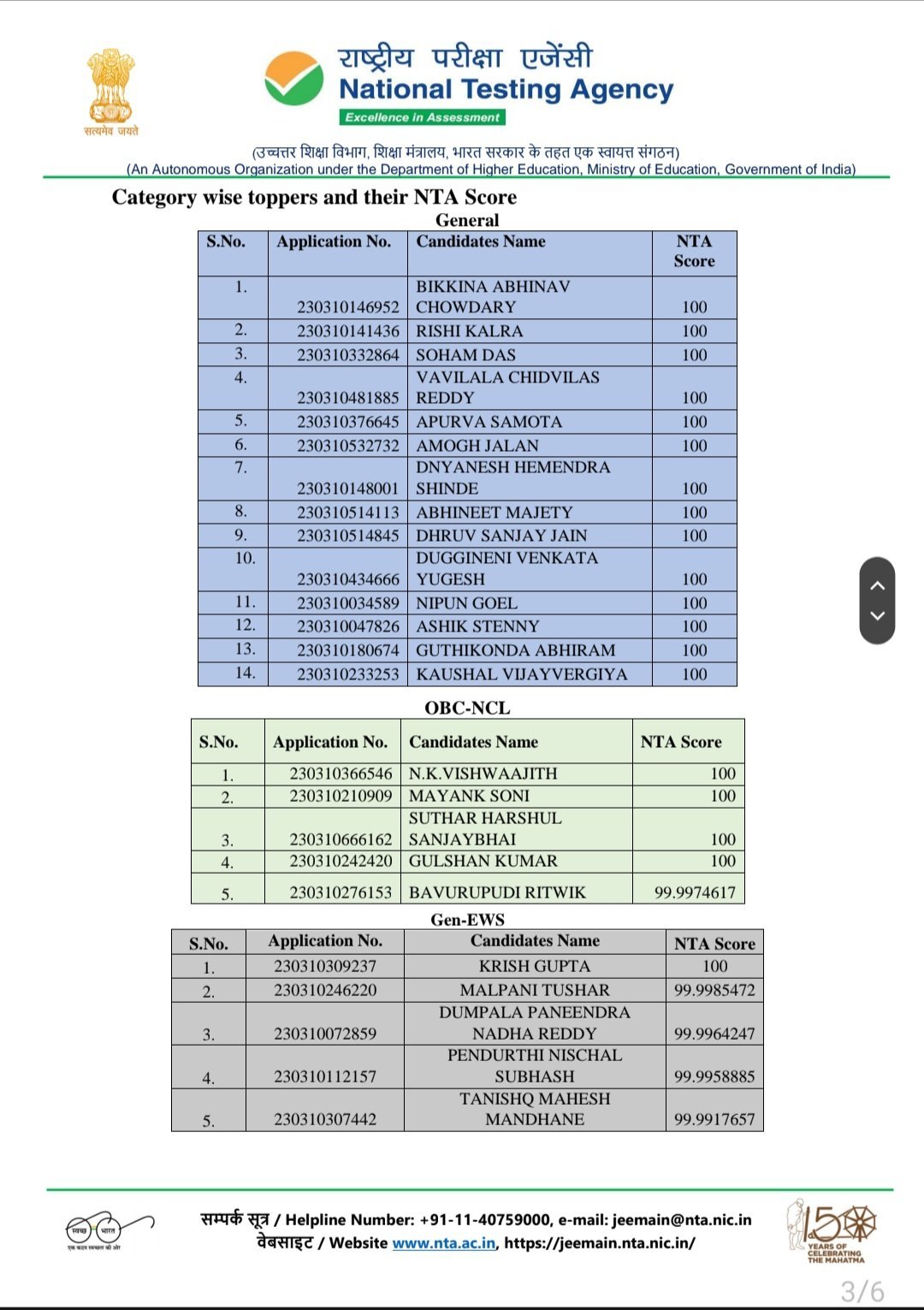
The National Testing Agency has declared the results for the JEE Main 2025 Session 1 exams today. 14 candidates have achieved a perfect 100 percentile. The top 2.5 lakh qualifying candidates will be eligible to appear for the JEE Advanced exam. The NTA has removed 12 questions from the final answer key, ensuring fairness for all candidates. Check the direct link to download the JEE Main 2025 Session 1 scorecards.
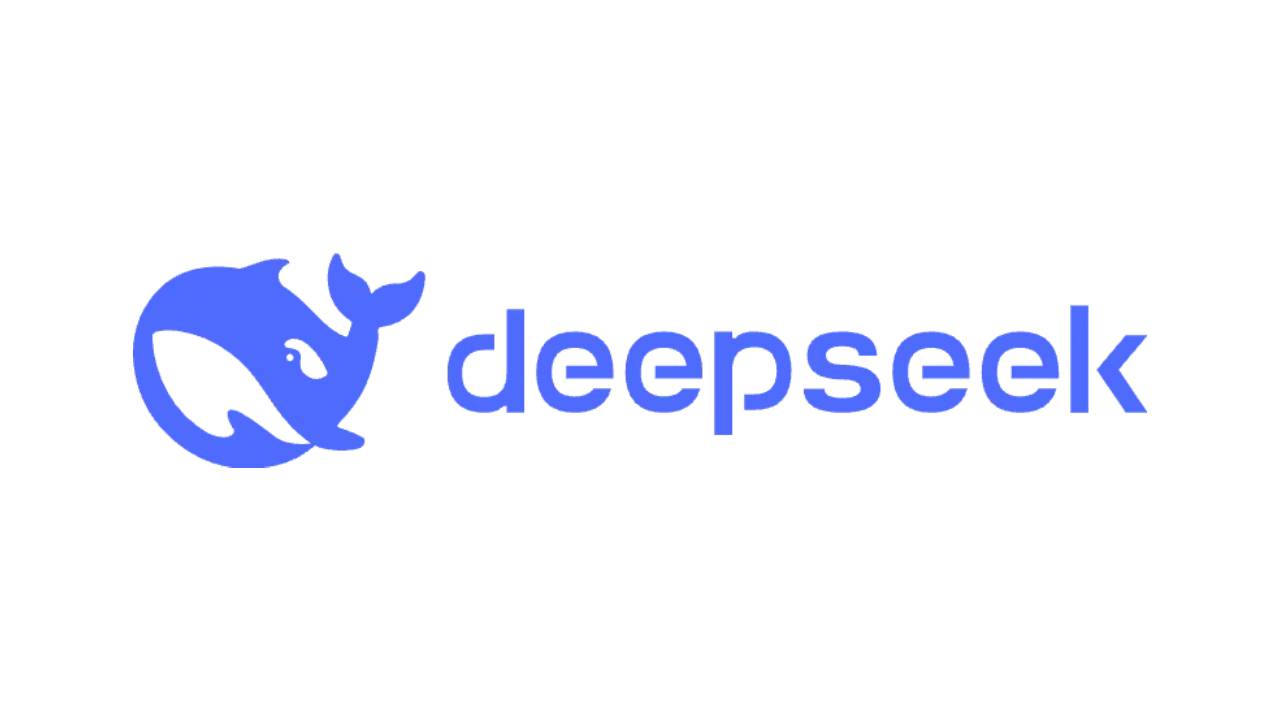
OpenAI CEO Sam Altman, along with other company representatives, recently took part in a Reddit Ask Me Anything session where they discussed various topics, including the company's open-source strategy. Altman acknowledged that OpenAI may have been "on the wrong side of history" with their previous approach and stated that they are now considering open-sourcing older AI software. This shift comes amidst the growing popularity of DeepSeek, an open-source competitor whose R1 reasoning model has gained attention for its fully open-source and free distribution. The future of OpenAI and its co-founder, Elon Musk, have become uncertain as the company adjusts its strategy to keep up with the demands of the evolving AI landscape.
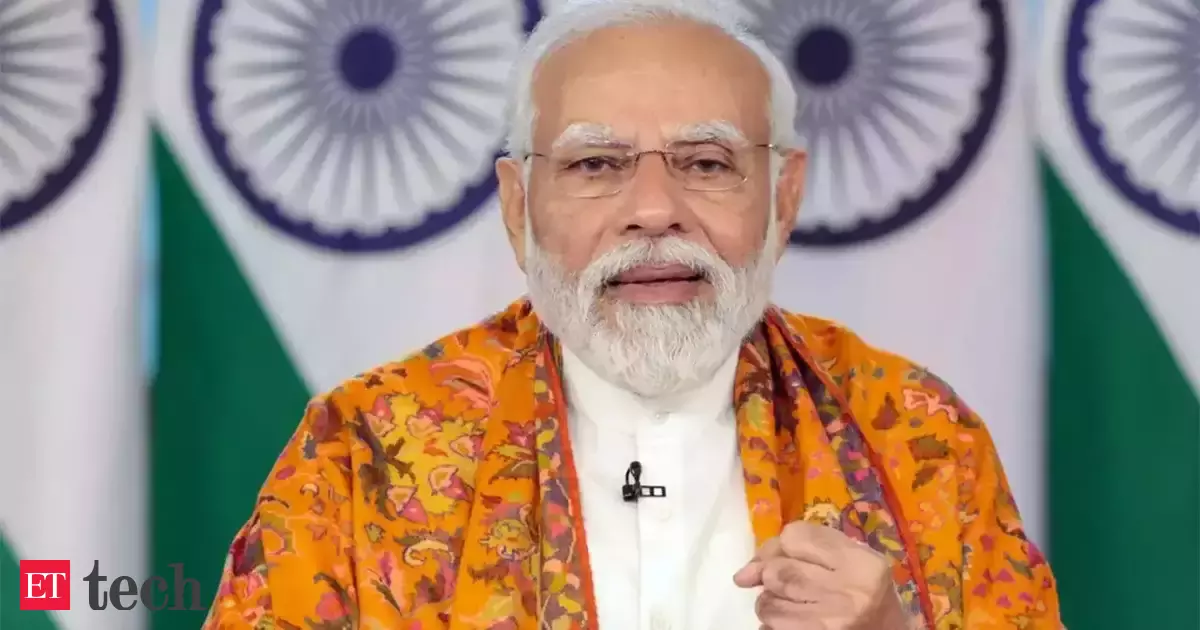
Prime Minister Narendra Modi addressed the AI Action Summit in Paris, highlighting the potential of AI to transform lives and accelerate sustainable development goals. He emphasized the need for collective global efforts to establish governance and address concerns related to cyber security, disinformation, and deepfakes. PM Modi also shared India's active role in leveraging AI, including building its own large language model and utilizing a unique public-private partnership model for pooling resources. He urged for a responsible and people-centric approach in the development of AI, emphasizing that humans must hold the key to our collective future and destiny.
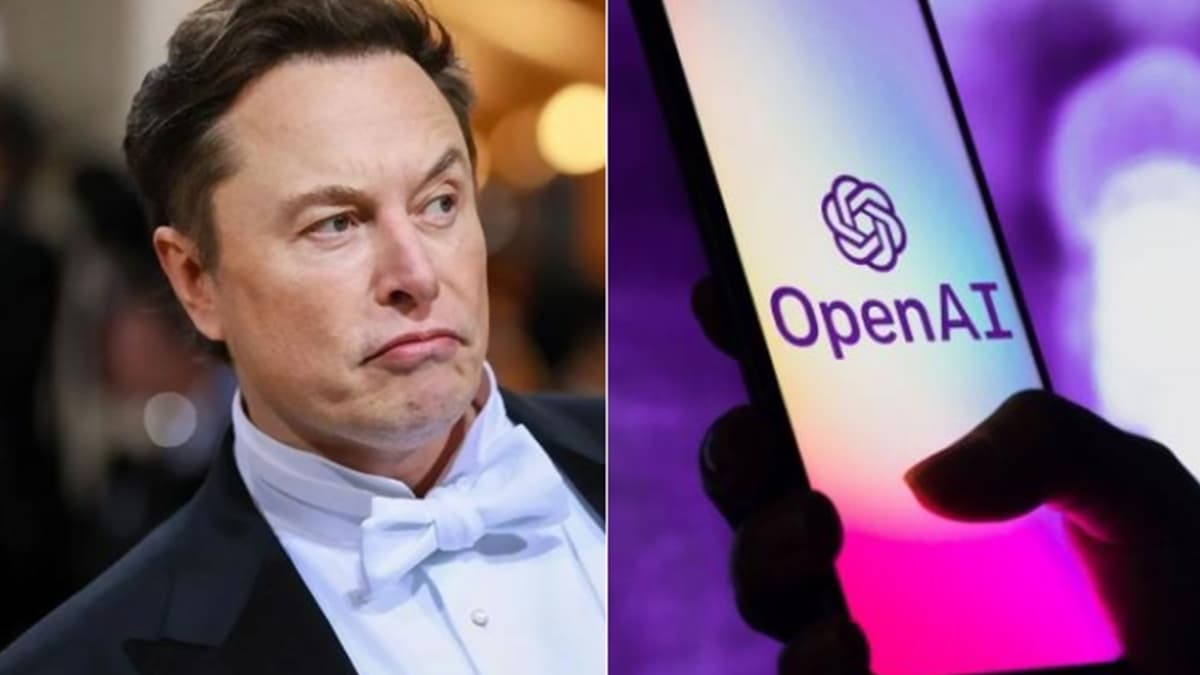
A consortium of investors led by Tesla CEO Elon Musk made a staggering bid of $97.4 billion to acquire OpenAI's non-profit parent. Rejecting the unsolicited offer, OpenAI CEO Sam Altman responded with a sassy remark offering to buy Twitter for $9.74 billion. Musk hit back calling Altman a "swindler" and shared a video dubbing him as "Scam Altman". This development comes amid the news of China's DeepSeek's AI model rivalling OpenAI's ChatGPT 4, triggering a massive drop in stocks of key chip manufacturers and wiping off over $1 trillion in market cap. OpenAI had recently announced the ambitious Stargate project backed by Microsoft and SoftBank to build advanced AI infrastructure in the US. Despite facing backlash for his remarks on India's ability to build large language models, Altman clarified during his visit to India that the country has the potential to become a leader in this area.
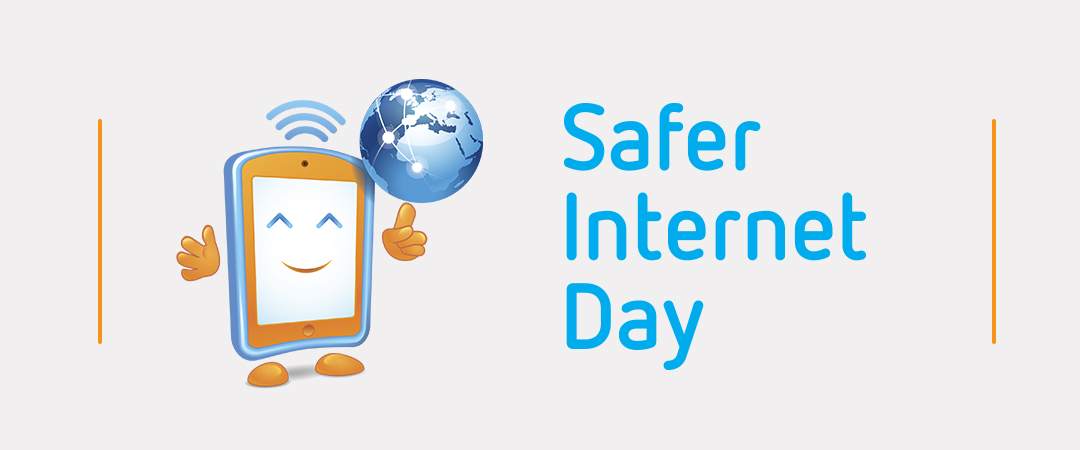
Celebrating its 20th anniversary, Safer Internet Day is a global initiative that aims to raise awareness about online safety and promote responsible use of the internet. This year's theme, "Together for a Better Internet," emphasizes the need for collective action in creating a safe, inclusive, and empowering online community. From its humble beginnings in 2004, the day has now spread across 200 countries, highlighting the growing importance of internet safety in our digital world. As we mark this occasion, let's learn about its history, significance, and safety rules to make the internet a safer place for everyone.

According to a recent report by Snap Inc., India has emerged as the leader in online safety and satisfaction, with a score of 67 out of 100 in the global digital well-being index. The country also boasts the strongest support network for young people, with 9 to 12 sources of guidance available, including parents, teachers, and mentors. However, despite the high levels of parental engagement and support, Indian Gen Z users still face a significant number of online threats, such as sextortion and grooming, highlighting the need for continued efforts to ensure digital safety for the younger generation.

Realme is set to introduce its latest smartphone, the P3 Pro 5G, in India. It will be powered by the advanced Qualcomm Snapdragon 7s Gen 3 chipset, delivering a significant boost in performance and efficiency. The phone will also feature a segment-first Quad-Curved EdgeFlow Display, a massive 6,000 mAh Titan Battery with 80W super fast charging, and an Aerospace VC Cooling System to enhance gaming performance. With GT Boost technology co-developed with KRAFTON, the P3 Pro 5G promises a console-level gaming experience. Get ready for its launch on realme's official website and Flipkart.com.

Realme is set to launch its highly anticipated Realme P3 series in the Indian market on February 18. The series will include the P3 Pro, P3 5G, P3x 5G, and P3 Ultra, all of which will come with impressive features such as GT Boost technology developed with Kraftion for improved gaming performance. The flagship P3 Pro is expected to sport a quad-curved AMOLED panel, Snapdragon 7s Gen 3 chipset, and 80W fast charging. Stay tuned for more updates on pricing and specifications closer to the launch date.

Vivo has revealed the design and key specifications for its upcoming V50 smartphone, which will feature Zeiss optics and three color options. The device will also come with Schott Diamond Shield Glass for added drop protection and will run on Android 15 with "Smart AI" features. Though the charging speed is not yet confirmed, leaks suggest that the V50 will be powered by the Snapdragon 7 Gen 3 Chipset and have up to 12GB of RAM and 512GB of storage. The official launch date is yet to be announced, but the device is expected to be priced in the range of Rs 30,000 to Rs 40,000. Stay tuned for our coverage on the latest tech news and reviews.
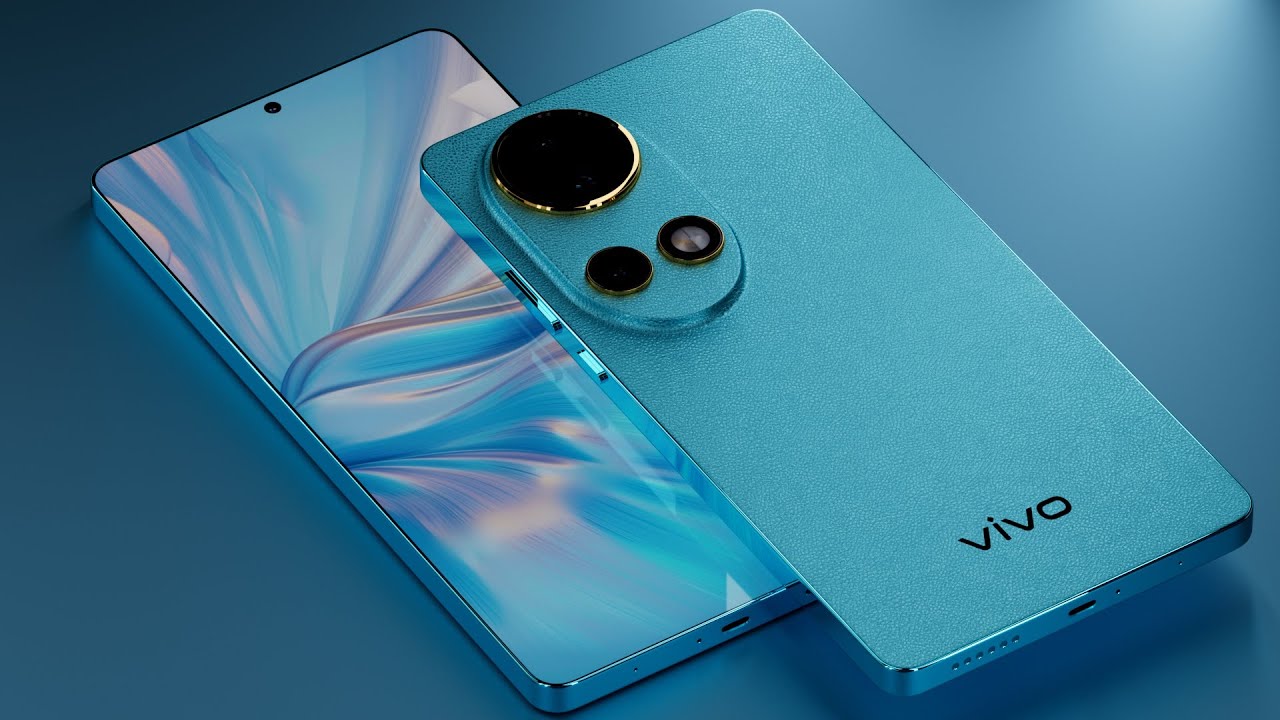
As the launch of the Vivo V50 in India draws near, the brand has started its teaser campaign, revealing key features of the phone. The device will feature a quad-curved display with a 120Hz refresh rate, a dual camera setup with ZEISS optics, and a massive 6,000 mAh battery with 90W charging support. It will also be available in three colors, one of which features a unique 3D-Star Technology design. The V50 will be the first V-series phone to have these features, making it an attractive option for consumers.